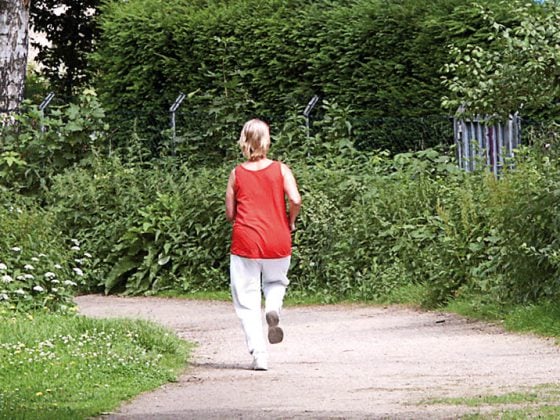In recent decades, alcohol consumption in Switzerland has decreased overall – but at the same time, the number of people who are hospitalized in emergency due to alcohol intoxication is increasing. Prof. Dr. med. Roland Bingisser, head physician of the emergency center at the University Hospital Basel, provided information on the most important measures in connection with alcohol intoxications at a workshop in Davos.
“Coma drinking is simply a way for many teens to stand out,” the speaker said. And they often succeed – unfortunately not only in ending up in the emergency ward as a patient with alcohol intoxication, but also because of the consequences of disinhibition, violence and alcohol-related accidents.
What to do with a 14-year-old patient who comes to the emergency department unconscious with alcohol intoxication? Prof. Bingisser recommended good monitoring, but no intubation, control of blood glucose because of the risk of hypoglycemia, and possibly a cranial CT if circumstances are unclear. “With someone that young, there’s usually a massive problem behind the intoxication,” he stressed. “That’s why it’s important to follow up when the patient wakes up and initiate follow-up.”
Adolescents often want to prohibit the doctor from notifying their parents. However, this is not an option for a 14-year-old – in this case, the argument that the patient is unable to assess the situation properly as a result of intoxication may help.
Alcohol screening for emergencies and accidents
“Do you ask patients who come in emergency or have had an accident about alcohol consumption?” Most of the workshop participants did not, and were in good company. “Alcohol screening is unfortunately often forgotten,” Prof. Bingisser regretted, “while it is something that makes a lot of sense. A 20-year-old who crashes a car has a 20-25% risk of problem drinking.”
It is important not to bash the patient over the head with the question about alcohol consumption, but to create a friendly and understanding atmosphere. The direct question “Do you drink alcohol?” leads to a reflexive denial. It is better to ask an open question, e.g., “What do you like to drink?” If the patient then mentions alcoholic beverages, you can go into a little more depth: “Have you ever thought about reducing your consumption?” In the case of people who clearly answer no to this question and consider their consumption to be unproblematic, further insistence is of no use. But for individuals who are more hesitant and may say “yes, a little less would be fine,” it’s worth asking and offering appropriate guidance. “This short measure is not costly and can be very successful,” the speaker said. “Every glass someone doesn’t drink does something – when you think about consequences like accidents and aggression.”
Alcoholism disease is underdiagnosed
It is important to remember in patients with suspected alcohol intoxication that there may be other reasons for their condition (stroke, hypoglycemia, etc.). For these reasons, CT is necessary in ambiguous situations, especially to rule out cerebral hemorrhage, which is significantly more common in intoxicated individuals. CT is obligatory whenever injuries are detected above the clavicles.
Intoxicated people are often frightened in their confusion and then become aggressive. In these situations, it is important to remain friendly and attentive, to confirm the patient’s views and to always establish a connection to reality (where the patient is, why he is here and also that his condition will soon improve). Above all, however, the staff in the emergency ward should always ensure their own safety, for example, making sure that the patient does not feel confined and has an escape route open.
Alcohol dependence is in principle underdiagnosed, since the diagnosis is usually only made at the time of the first hospitalization. Especially in the elderly, alcohol consumption is often no longer asked about, although in old age even a low level of consumption can have strong effects. That is why intoxications are often missed – but they are not infrequently behind a “fall over the edge of the carpet” or delirium.
Source: 55th Continuing Medical Education Davos, January 7-9, 2016
HAUSARZT PRAXIS 2016; 11(3): 58-59











